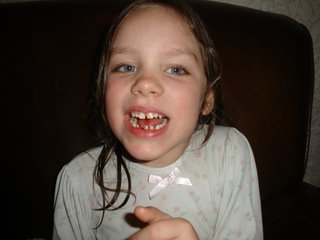Teachers Differ on Prior Knowledge of "Prior Knowledge"
 What’s your prior knowledge of “prior knowledge”? Where does prior knowledge come from? What role does it play in learning? Researcher Helen Meyer asked teachers these questions and found out that their conceptions of prior knowledge (pk) differed with experience and expertise. Novice teachers believed that pk came from prior teaching as in “I hope that they have studied this before.” However, expert teachers believe that pk comes from “life experiences”. As for its role in learning, novice teachers view pk as a hook—a way to get students engaged in a lesson—and as a foundation for new learning. In contrast, expert teachers view pk as a bridge to understanding and integrating new information. For expert teachers pk is all about building connections from one experience to another or from informal to formal learning. Pk is about synthesis. In summary, for novice teachers students’ pk is about nouns; for expert teachers it is about verbs. Novice teachers sought to replace faulty pk like one might replace a brick in a wall. While expert teachers viewed pk as a means to get at how students put their ideas together and to get them to think in new ways about what they are learning. Novice teachers are also less apt to adapt their teaching according to students’ prior knowledge than were expert teachers. This does not mean that novice teachers are bad teachers; it means that they are learning how to teach. Let’s make sure they have a firm understanding of how to fully realize the potential of mining students’ pk. What we need to take away from Meyer’s research is the need to clearly define terms like prior knowledge and explain how to integrate it into teaching beyond a “hook”. Mining students’ prior knowledge is critical to enhancing student learning. Let’s make sure we are all on the same page when it comes to implementing it in the classroom. Related Posts Knowledge Management and the Classroom ACT Reading Prep and th 2 Point Conversion |
Comments on "Teachers Differ on Prior Knowledge of "Prior Knowledge""
post a comment